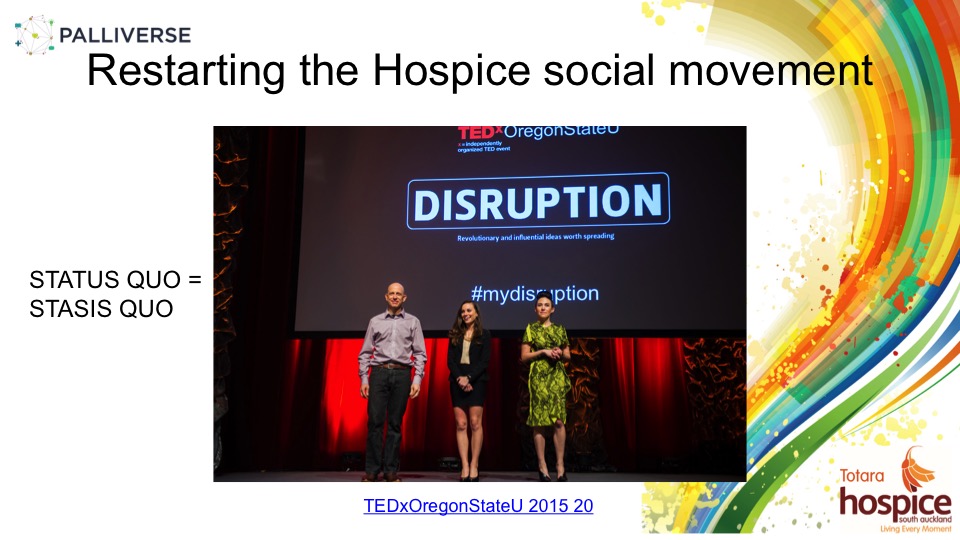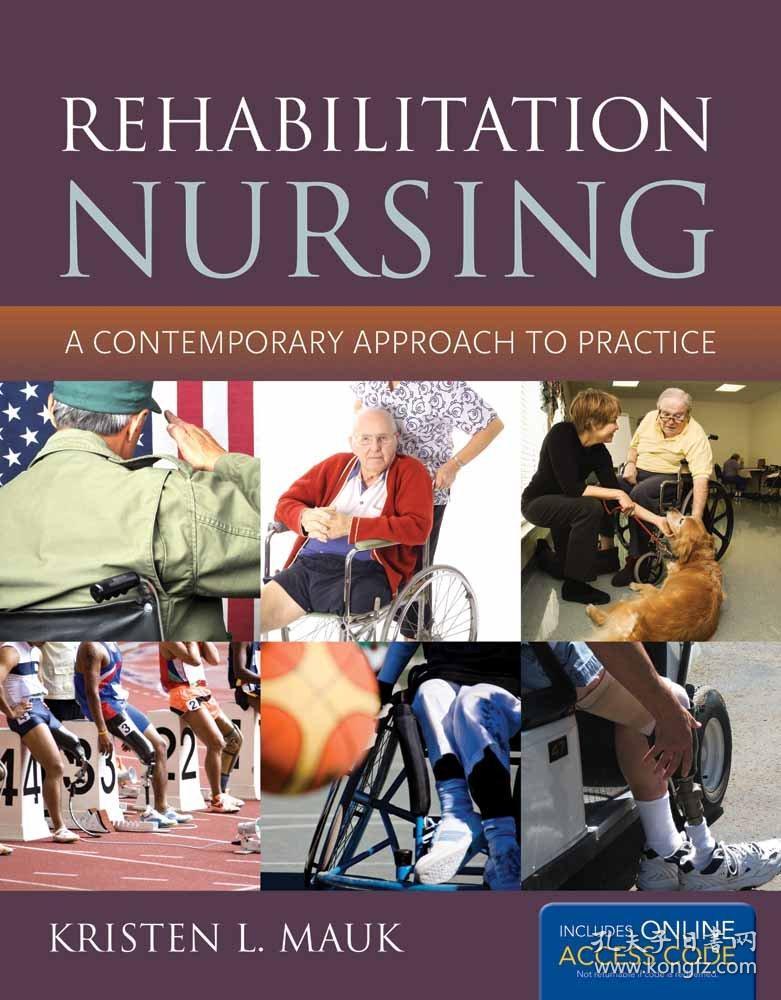In the realm of language learning, mastering the correct pronunciation of words is a crucial step towards fluency and understanding. When it comes to the English language, the word "hospital" holds a special place in our vocabulary, as it represents a place where healing takes place and lives are nurtured. Understanding how to correctly pronounce "hospital" is not only about sounding native but also about conveying the right message in a clear and concise manner.
Pronunciation Breakdown
The word "hospital" is composed of two parts: "hosp" and "ital." The prefix "hosp" comes from the Latin word "hospes," meaning guest or stranger, reflecting the original concept of hospitals as places that welcomed and cared for those in need. The suffix "-ital" is derived from the Latin word "italis," which means pertaining to Italy, though in this context, it has evolved to signify a place of care and treatment.
To correctly pronounce "hospital," follow these steps:
1、Start with "hosp": Begin by saying the sound "h" as in "hat," followed by the combination of "osp." The "o" is pronounced like the "o" in "hot," while the "sp" is a smooth transition between the two, almost like a single syllable.
2、Add "-ital": After pronouncing "hosp," add a smooth transition to "-ital." The "-it" part is pronounced similarly to the "it" in "bit," while the "-al" at the end is a soft, almost silent "l" sound followed by a vowel-like closure.
3、Putting It Together: Bring these two parts together smoothly. The emphasis should be on the first part ("hosp"), making it slightly longer than the "-ital" part for a natural flow.
So, the complete pronunciation of "hospital" sounds like this: /ˈhɒspɪtl/.
Why Proper Pronunciation Matters
Proper pronunciation of "hospital" and other medical terms is vital for several reasons:
Clear Communication: In healthcare settings, mispronounced words can lead to misunderstandings or confusion, which can have serious consequences for patients. Proper pronunciation ensures that instructions are followed correctly and effectively.
Professionalism: Accurate pronunciation reflects your level of education and training, enhancing your professional demeanor in any medical setting.
Patient Trust: When you pronounce medical terms correctly, it builds trust with patients, as it shows that you are knowledgeable and competent in your field.
Efficiency: Proper pronunciation can save time in communication, reducing the need for clarification or repetition of instructions.
Tips for Improving Pronunciation
To master the art of pronouncing "hospital" and other medical terms with confidence:
1、Listen First: Listen to native speakers pronouncing the word. You can find audio clips on websites like YouTube or use language learning apps that have built-in pronunciation guides.
2、Practice Aloud: Repeat the word out loud multiple times until you feel comfortable with the sound and rhythm. Recording yourself and listening back can be helpful for self-correction.
3、Use Dictionaries and Pronunciation Guides: Consult online dictionaries or pronunciation guides that provide audio examples. Many online dictionaries now offer phonetic spellings (e.g., /ˈhɒspɪtl/) that can be very helpful for accurate pronunciation.
4、Join a Language Exchange Group: Participating in language exchange groups or online forums where you can practice your English with native speakers can be incredibly beneficial for honing your pronunciation skills.
5、Read Medical Literature: Reading medical texts or articles aloud can help you familiarize yourself with medical terminology and its correct pronunciation in a natural context.
6、Utilize Medical Simulation Tools: Many medical training programs offer simulation tools that include audio cues for proper pronunciation of medical terms. Utilizing these resources can be highly effective for improving your skills.
Real-Life Scenarios: Putting It into Practice
Imagine you're a nurse working in a busy hospital and need to give clear instructions to a patient about their medication schedule. Properly pronouncing "hospital" and other medical terms is crucial for ensuring that the patient understands and follows the instructions correctly:
Scenario 1: Medication Administration
"Good morning, Mrs. Johnson. Can I please administer your morning dose of 'aspirin' now? It's important to take it 'as prescribed,' which means at the 'hospital'-recommended time." (Here, 'hospital' is used to emphasize the importance of following medical advice.)
Scenario 2: Patient Education
"While you're here at the 'hospital,' please make sure to follow all our 'post-surgery' guidelines. This includes resting, avoiding strenuous activity, and taking your 'painkillers' as needed." (Using 'hospital' in this context helps reinforce the patient's presence in a care setting.)
Scenario 3: Emergency Response
"Emergency! Code 'Blue' has been activated in Room 103. Please proceed immediately to assist with the 'cardiopulmonary resuscitation' (CPR) procedure." (In this high-stress situation, proper pronunciation ensures that all team members understand the urgency and type of intervention needed.)
Conclusion: The Power of Accurate Pronunciation
Proper pronunciation of "hospital" and other medical terms is not just about sounding perfect; it's about ensuring effective communication in a field where every word counts. By mastering this skill, you not only enhance your professionalism but also contribute to providing high-quality care to those who need it most. Remember, practice makes perfect, and with consistent effort, you'll be pronouncing medical terms with confidence in no time.
















 京公网安备11000000000001号
京公网安备11000000000001号 京ICP备11000001号
京ICP备11000001号
还没有评论,来说两句吧...